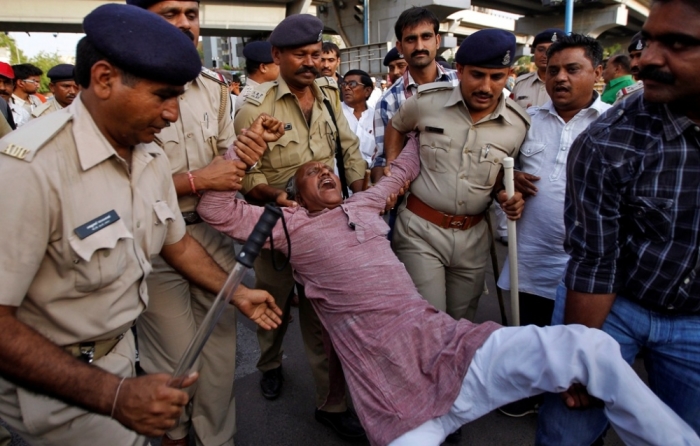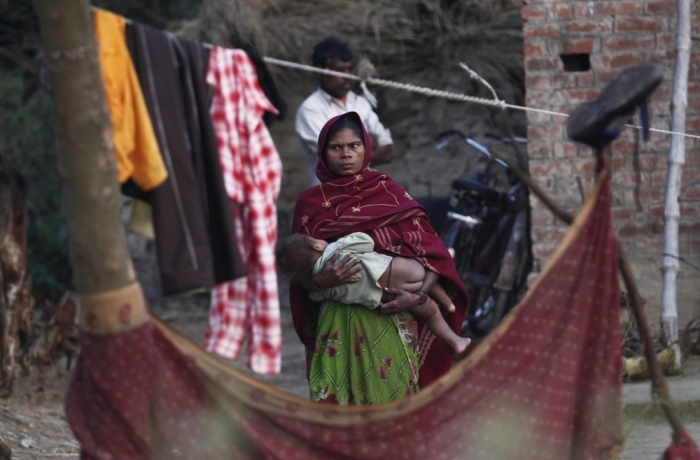Millions of Indian Christians Forced to Choose Between Faith and Government Benefits for 'Untouchables'

Millions of Christians in India from the lowest caste system, known as "dalit," are being forced to choose between their faith and receiving government benefits available only to "untouchables," a report has said.
The International Christian Concern noted on Sunday that there are close to 25 million Dalits across India who've converted to Christianity, but now must make the choice between maintaining their faith or benefiting from a government program that only helps them if they identify with their Hindu background.
"This choice has significantly affected the constitutional right India's citizens have to freely choose a religion for themselves," the ICC reported.
"It also has left millions of Dalits to have to decide between choosing to follow Jesus as their Lord and Savior and receiving government benefits that have the ability to take their families out of poverty. All added up, this discrimination has affected the official appearance of India's religious landscape."
The government benefits program in question concerned the Scheduled Caste Order of 1950, which is a way of determining who can receive government benefits and who cannot.
Dalits, also referred to as "untouchables," make up India's lowest caste.
Rev. Madhu Chandra Singh, an elder from a Baptist church, explained that although the Indian Supreme Court denies the situation, Christians from the Dalit caste suffer oppression both before and after their conversion.
"After their conversion, Dalit Christians begin to suffer religious persecution from religious fanatics but also a denial of Scheduled Caste benefits because of the Schedule Caste Order of 1950, which I term a double discrimination of Dalit Christians," Singh said.
Several Christian Indians speak out in the report, noting that the government is forcing them to "lie" about who they are in order to receive the much needed benefits.
Franklin Caesar, a Christian rights activists, added: "This system is against the fundamental rights provided to all India's citizens in the Constitution. The Presidential Order of 1950 has destroyed fundamental and constitutional rights of Dalits from Christian and Muslim backgrounds; the benefits must be delink from religion."
The report noted that it is rumored that many millions more Dalits privately consider themselves Christians, but do not identify publicly as such, in fear of losing the government benefits.
Christians from various backgrounds face discrimination because of their faith in India. Earlier in December, a group of 30 Hindu radicals attacked a Christian pastor and 15 of his flock that had been singing Christmas carols in the city of Hyderabad.
The attack left the pastor and four other Christians several injured, and was reportedly carried out because the radicals believed the Christians were attempting to forcefully convert people.





























